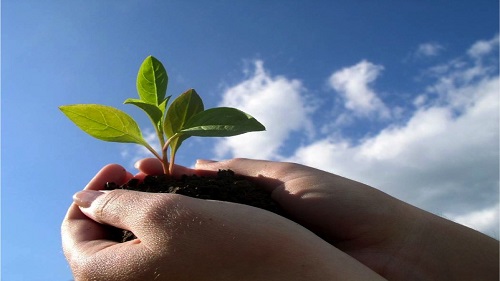Nurturing Our Innovations

As a Jewish educator I have always been passionate about change and drawn to the innovative and different. Always on the lookout for new pathways and points of access and asking why they were never sought out or perhaps never noticed before, I have tried through my work to bring the wisdom of our ancient traditions and deep conversation over the centuries to our myriad types of learners in the Jewish community. Yet the counting of the Omer has become, in recent years, a period of grounding for me, of re-focusing on the overlooked, on yesterday’s “newness” or someone else’s innovation that perhaps now is being forgotten (and not being funded), and on the ikar – the essence – on what (I believe) really matters to us (at least me) the most.
Sometimes that’s what true innovation needs – not just out with the old and in with the new or what’s the next big idea – but a careful, day by day, idea by idea, counting of all of the wonderful innovations and teachings that are already out there and, yes, some that are just beneath the surface, ready and willing to burst forth in a glorious springtime of re-birth.
In part, I have developed this approach because of my study of Mussar over the last several years, a set of Jewish ethical teachings and practice that is closely aligned to the Omer period. Mussar, in many ways, is a back to basics approach – a way to do a cheshbon ha’nefesh, an accounting of one’s soul, of one’s best qualities and character strengths called middot, and then doing the hard work of learning and relearning, of practicing over and over, again and again, those core truths and actions that help us to help and even inspire others and ourselves, to be the best versions of who we can be.
And so my hope, my blessing for all of us, is to carefully count, day by day, the oh so many ways we are blessed as Jewish learners and teachers to be surrounded by passionate and caring Jewish educators, by learning environments that help us to be the best we can be, by innovations and new ways of thinking, that might just be built on models and experiments that still deserve time to mature and caring cultivation – just like the barley must grow and mature before it can reach its potential and be harvested on Shavuot.
One in a series from our inaugural Blog B'Omer.
Gregg Alpert is Director, Online Educational Content at The Jewish Education Project.


